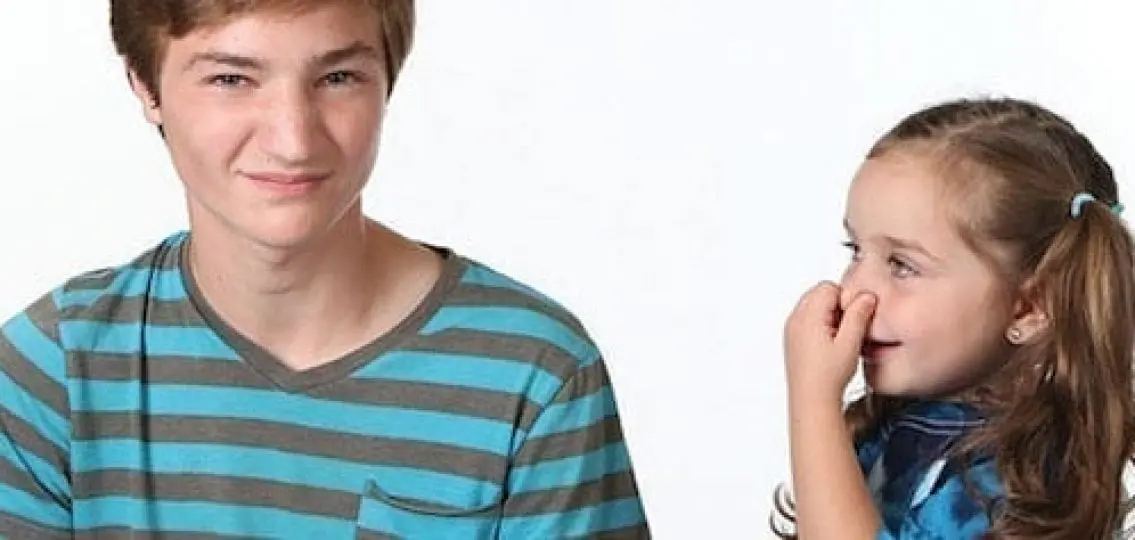When my oldest was in 4th grade, I was surprised when the “Meet the Teacher” presentation included a section on personal hygiene. I mean, how bad could a 9-year-old smell?
Try volunteering in the classroom after gym class, though. I quickly understood exactly why there was a heavy emphasis on personal hygiene for middle school.
So where should parents start with personal hygiene for middle school? Turns out the discussion is a tricky one.
If we push too hard, we’re nagging and our children tune us out. If we don’t bring it up at all, they could be the target of bullying.
Most parents assume that because we can smell sweaty feet or notice greasy hair, that our children will as well. Unfortunately, it often doesn’t work that way, and many kids need multiple lessons on this important component of personal care.
Teach Personal Hygiene Habits Early
According to Dr. Andy Bernstein, a pediatrician and a spokesperson for the American Academy of Pediatrics, parents should start teaching personal hygiene early, “with lessons on the importance of washing hands before eating or after going to the bathroom, or of brushing teeth in the morning and before bed. As they get into their tween years, showering, brushing hair, and using deodorant should be rolled into those habits.”
While poor personal hygiene can affect a middle schooler’s overall health — for instance, making a child more prone to infections or rashes — the social consequences can hurt even more.
“Most children should be interested because being dirty or smelling bad can affect their interactions with their friends and classmates,” continues Dr. Bernstein.
Experts agree that personal hygiene for middle school kids includes: showering and washing hair, using deodorant, wearing clean clothes, maintaining oral health, preventing and caring for acne and, perhaps, shaving or removing hair. Managing these tasks can seem daunting for some kids, causing them to ignore personal hygiene issues altogether. (Note that refusal to bathe, shower, or complete a simple task of brushing one’s teeth can be a sign of a mental health issue, such as depression.) For most, however, it comes down to one simple point: They just don’t feel like doing it.
“Your tween’s poor hygiene is likely a matter of unestablished habits rather than a sign of devaluing themselves,” says Michele Kambolis, a registered child and family therapist and author of Generation Stressed. “Keeping up with personal hygiene is a skill like any other. It takes a lot of time and repetition before it becomes an automatic act.”
Kambolis says, “With time, patience, and consistency those behaviors will become second nature.”
No Nagging or Shaming
Negative approaches are not recommended. Try not to shame your child and don’t physically force them to complete a task. Name-calling or threats that people will not like them will affect your child’s self-esteem. Instead, adopt a positive spin on keeping clean. Allowing your tween to pick out the deodorant they like, or purchasing special soaps just for them, may provide enough of an incentive to get the process moving forward.
And sometimes, you need to let natural consequences spur the process along. Tweens are notorious for their brutal honesty. So it may only take one friend to say your daughter’s breath stinks or a girl mentioning your son’s body odor to solve the problem.
Most importantly, however, is preserving the relationship with your tween as you move into the challenging teen years.
As Kambolis says, “Criticizing and nagging will only undermine your ability to guide and may have a lasting negative impact on your child’s self-esteem. After all, one of the greatest joys for parents is seeing their teens grow into themselves, capable and happy, regardless of how they smell.”




